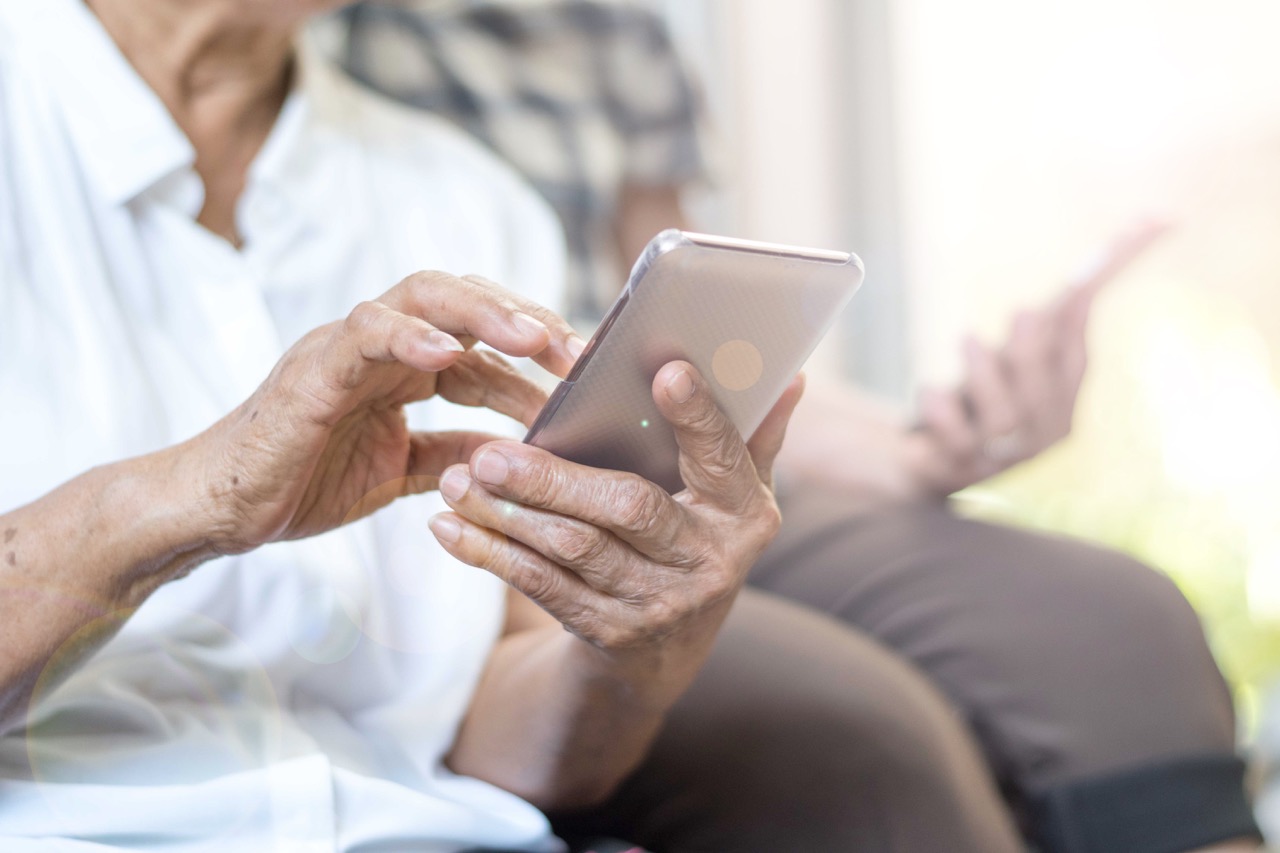Understanding Lifeline Services for Seniors
What Are Lifeline Services?
Lifeline services encompass a range of support systems designed to enhance the safety and well-being of seniors. These include medical alert systems, emergency response services, and connectivity solutions such as free home phone and internet services. These systems enable seniors to live independently while ensuring they can quickly access help in emergencies.
Key Components of Lifeline Services
-
Medical Alert Systems: Wearable devices that allow seniors to call for help with the push of a button. These systems often include features like fall detection and GPS tracking.
-
Emergency Response Services: Provide immediate assistance in emergencies, connecting seniors with trained professionals who can dispatch help quickly.
-
Connectivity Solutions: Include free or low-cost home phone and internet services that ensure seniors remain connected with family, friends, and healthcare providers.
-
User Manuals and Support: Direct alert user manuals and customer support services help seniors set up and use their devices effectively.
Importance for Seniors
Lifeline services play a crucial role in supporting seniors' independence, providing peace of mind for both users and their families. These systems help reduce the risk of injury, ensure timely medical intervention, and keep seniors connected to their loved ones and the outside world.
Exploring Popular Medical Alert Systems
Medical Alert Systems for Seniors
Medical alert systems are vital tools for enhancing the safety and independence of seniors.
Competitive Landscape
-
Life Alert: A well-known brand offering reliable emergency response services. Their systems are user-friendly and include features like waterproof buttons and 24/7 monitoring.
-
Philips Lifeline: Offers comprehensive solutions, including fall detection and home alert systems. Known for their high-quality devices and excellent customer service.
-
Bay Alarm Medical: Provides affordable and customizable alert systems with options for home and on-the-go use. They offer competitive pricing and no long-term contracts.
Chart: Comparison of Key Features in Popular Medical Alert Systems
|
System
|
24/7 Monitoring
|
Fall Detection
|
GPS Tracking
|
Monthly Cost
|
Contract Requirement
|
|
Life Alert
|
Yes
|
Optional
|
No
|
High
|
Yes
|
|
Philips Lifeline
|
Yes
|
Yes
|
Yes
|
Mid-High
|
No
|
|
Bay Alarm Medical
|
Yes
|
Yes
|
Yes
|
Low-Mid
|
No
|
Data Source: Company Websites and Industry Reviews
Free Home Phone and Internet Service
Ensuring seniors have access to communication tools is essential for their well-being.
Competitive Landscape
-
Government Programs: Various programs offer free or subsidized home phone and internet services to eligible seniors, ensuring they remain connected.
-
Local ISPs: Some internet service providers offer discounts or free services for seniors, particularly in low-income households.
Life Alert for Seniors
Life Alert systems provide peace of mind through reliable emergency response services.
Competitive Analysis
-
Cheapest Life Alert Options: While Life Alert is famous for its reliability, other companies like Direct Alert offer more affordable options with similar features, making them attractive to cost-conscious seniors.
-
Direct Alert User Manual: Provides detailed instructions, ensuring ease of use for seniors who may not be tech-savvy.
Benefits of Lifeline Services for Seniors
Enhanced Safety and Independence
These services allow seniors to live independently, knowing help is just a button press away. This enhances their confidence and reduces the anxiety associated with living alone.
Timely Medical Assistance
Medical alert systems ensure quick response times in emergencies, potentially reducing the severity of medical incidents by ensuring prompt intervention.
Peace of Mind for Families
Family members gain peace of mind knowing their loved ones have access to emergency services and support, even when they are not physically present.
Improved Quality of Life
By staying connected through home phone and internet services, seniors can maintain social relationships and access online resources, improving their overall quality of life.
Future Trends in Lifeline Services
Integration with Smart Home Technology
Future lifeline services will increasingly integrate with smart home devices, offering features like voice-activated alerts and automated health monitoring.
Enhanced Wearable Technology
Advancements in wearable technology will lead to more discreet and comfortable devices with improved features, such as advanced fall detection and health monitoring sensors.
Expansion of Connectivity Options
As digital inclusion becomes more crucial, expect growth in programs offering free or subsidized internet services to seniors, ensuring they remain connected and informed.
Personalized Alert Systems
Future systems will offer more customization, allowing seniors to tailor features and services to their specific needs, enhancing usability and effectiveness.
Frequently Asked Questions (QA)
Question 1: How do I qualify for free home phone and internet services?
Answer: Eligibility often depends on income and participation in government assistance programs. Check with local service providers and government websites for specific criteria.
Question 2: Are medical alert systems covered by insurance?
Answer: Some insurance plans may cover part of the cost of medical alert systems. It's best to consult with your insurance provider for details on coverage.
Question 3: How do I choose the best medical alert system for my needs?
Answer: Consider factors like ease of use, features (e.g., fall detection, GPS tracking), cost, and customer reviews. Comparing different providers can help you find the best fit.
Question 4: Can I use a medical alert system outside my home?
Answer: Yes, many systems offer on-the-go options with GPS tracking, allowing you to use them outside your home.
Question 5: What should I do if my medical alert system malfunctions?
Answer: Contact the provider's customer support for assistance. They can guide troubleshooting or arrange for a replacement if needed.
Lifeline services are essential for supporting the safety and independence of seniors. By providing access to emergency response systems and connectivity solutions, these services enhance the quality of life for seniors and offer peace of mind for their families. As technology continues to advance, staying informed about new trends and offerings will ensure seniors can make the most of these valuable resources.

